The kidneys play an important role in maintaining the body's fluid balance and filtering waste products from the blood. When dehydrated, the amount of blood flowing through the kidneys will be significantly reduced. To ensure blood filtration efficiency, this important organ must work harder, according to the health website Healthline (USA).

Not drinking enough water not only increases the risk of urinary tract infections but also many other kidney problems such as kidney stones, chronic kidney disease.
Additionally, one of the main functions of the kidneys is to regulate the concentration of electrolytes in the body. Electrolytes such as sodium, potassium, and calcium are important for the functioning and maintenance of fluid balance in cells.
However, when the body is dehydrated, this balance is disrupted. The concentration of electrolytes in the blood is no longer at a healthy level. The kidneys have to work harder to balance this electrolyte concentration.
Furthermore, dehydration can also lead to more concentrated urine. When there is not enough water to dilute the waste products in the urine, it becomes concentrated. This condition is characterized by a stronger odor and a dark yellow color instead of straw or white. Concentrated waste products in the urine can increase the risk of kidney stones and urinary tract infections.
Additionally, chronic dehydration can also contribute to kidney damage. Over time, lack of water can damage the kidneys, causing them to no longer function optimally. Many studies have found that prolonged dehydration can increase the risk of developing chronic kidney disease. As a result, the kidneys can suffer irreversible damage.
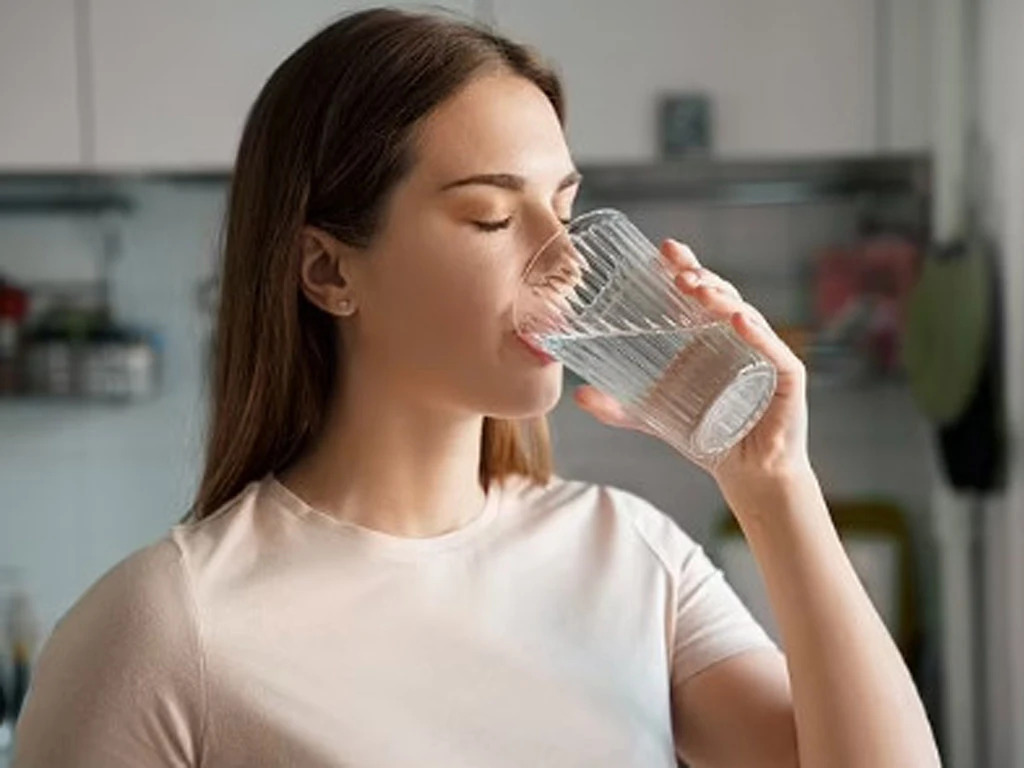
Don't wait until you are thirsty to drink water.
It is important to note that you should not wait until you are thirsty to drink water. Health experts recommend drinking water regularly to keep your body hydrated, which will help your kidneys and many other organs function at their best.
An adult should drink at least 2 liters of water per day. However, this amount of water is not fixed but can change depending on body weight, activity level, weather and some other factors.
If you don’t like water, you can still hydrate yourself with some foods. Fruits like strawberries, watermelon, coconut, and cucumber also have a very high water content. Eating foods like soup, pho, porridge, and hu tieu are also ways to hydrate your body, according to Healthline .
Source link


![[Photo] Overcoming all difficulties, speeding up construction progress of Hoa Binh Hydropower Plant Expansion Project](https://vstatic.vietnam.vn/vietnam/resource/IMAGE/2025/4/12/bff04b551e98484c84d74c8faa3526e0)
![[Photo] Closing of the 11th Conference of the 13th Central Committee of the Communist Party of Vietnam](https://vstatic.vietnam.vn/vietnam/resource/IMAGE/2025/4/12/114b57fe6e9b4814a5ddfacf6dfe5b7f)




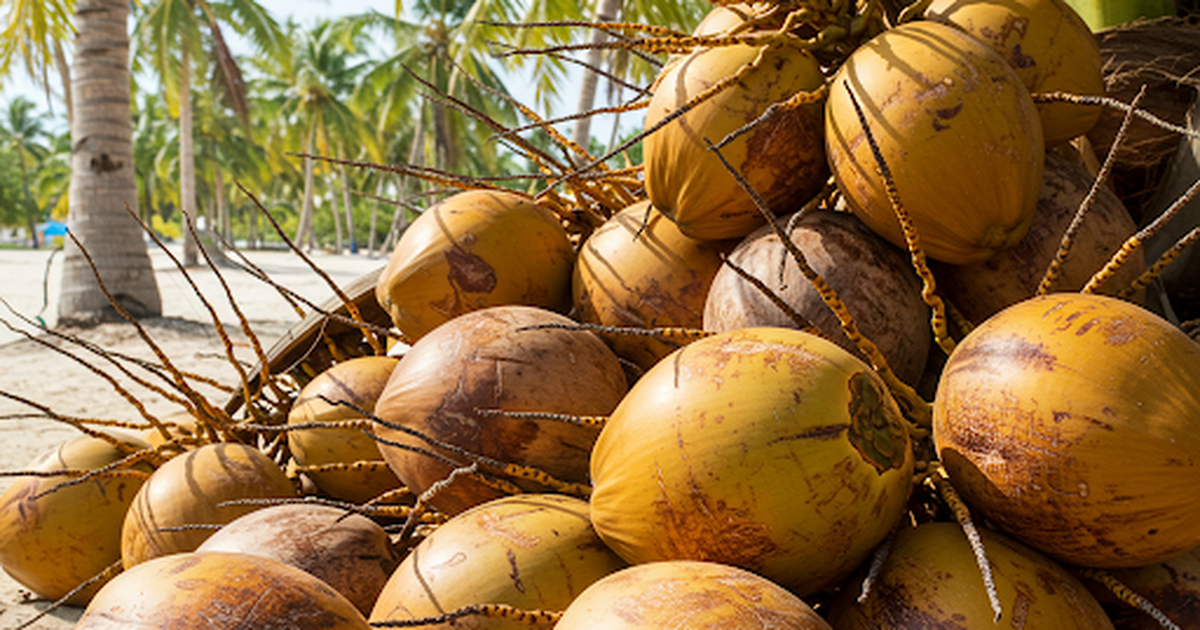

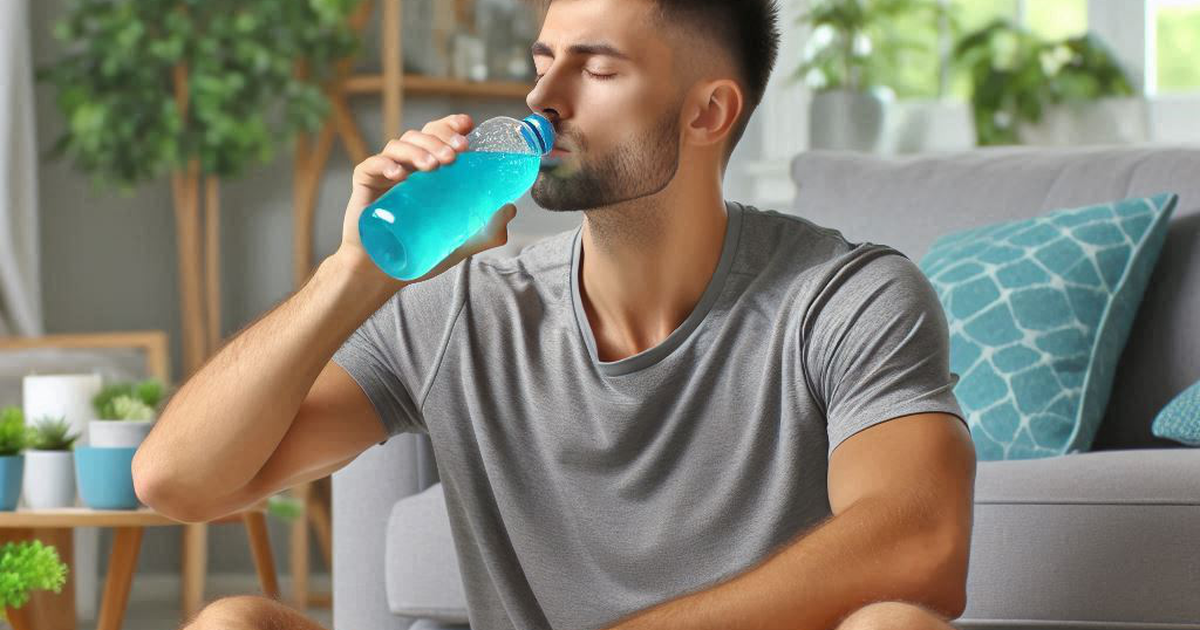

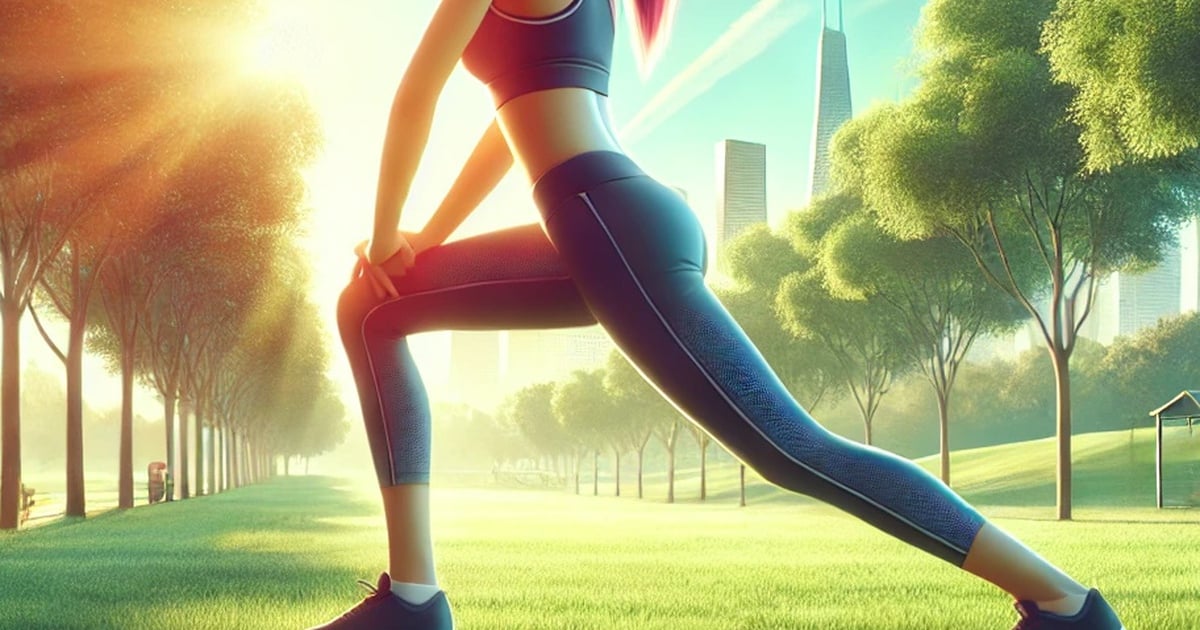
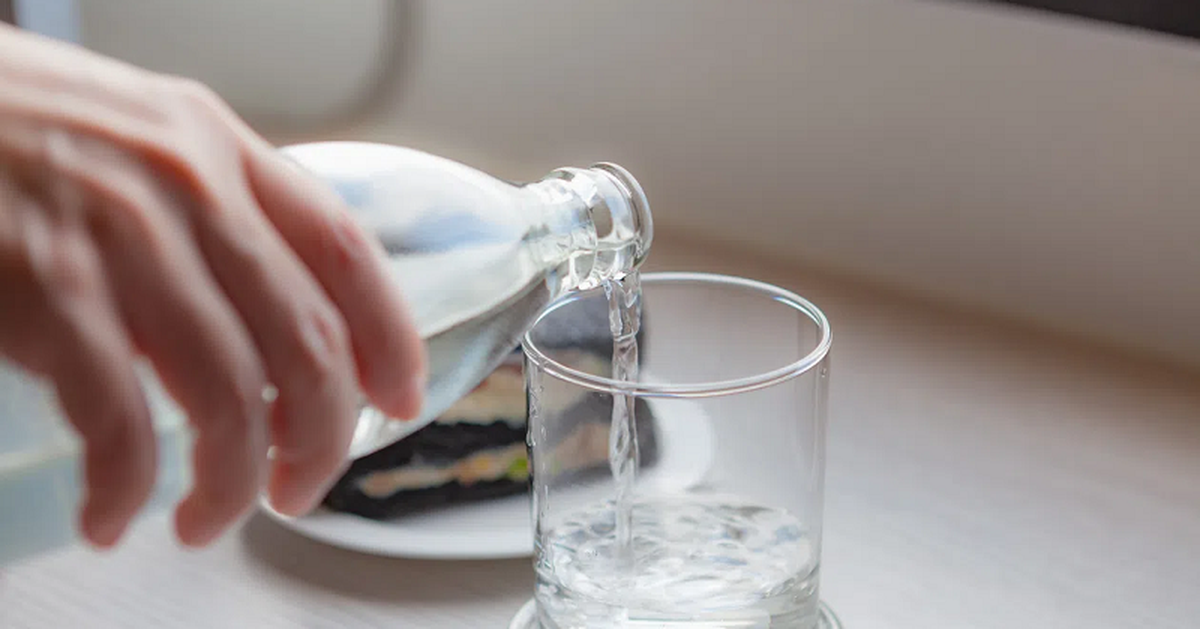


![[Video] First time in Vietnam: Successful implantation of 3rd generation partial artificial heart](https://vstatic.vietnam.vn/vietnam/resource/IMAGE/2025/4/12/8817412224094c68ba2c744b7bd5cfea)
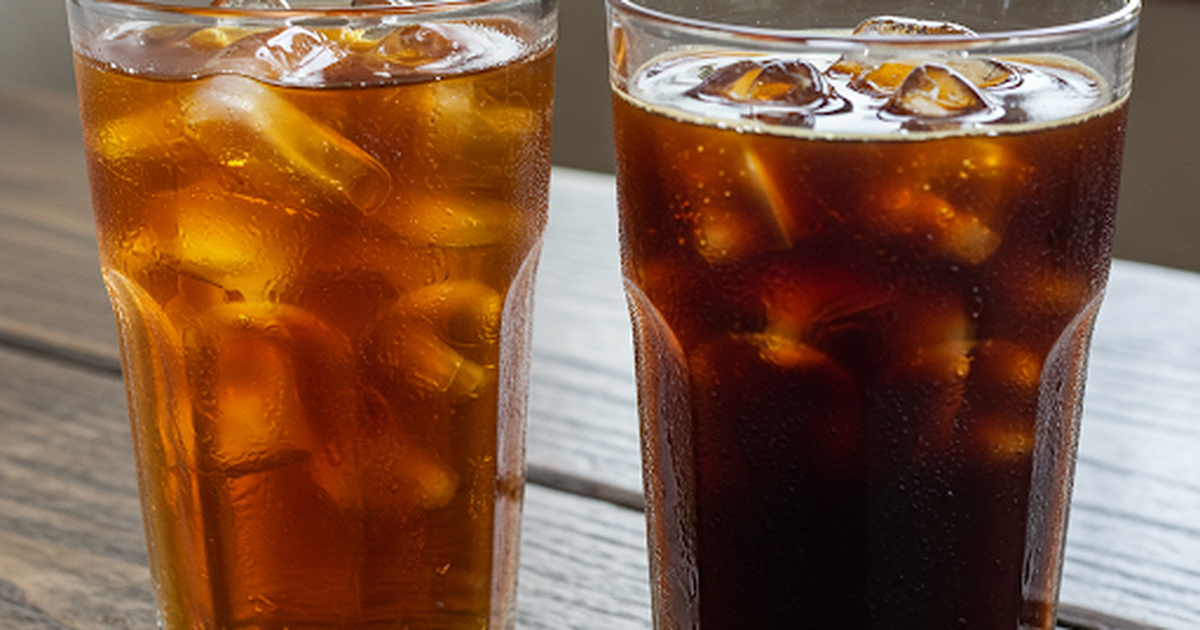












































































Comment (0)